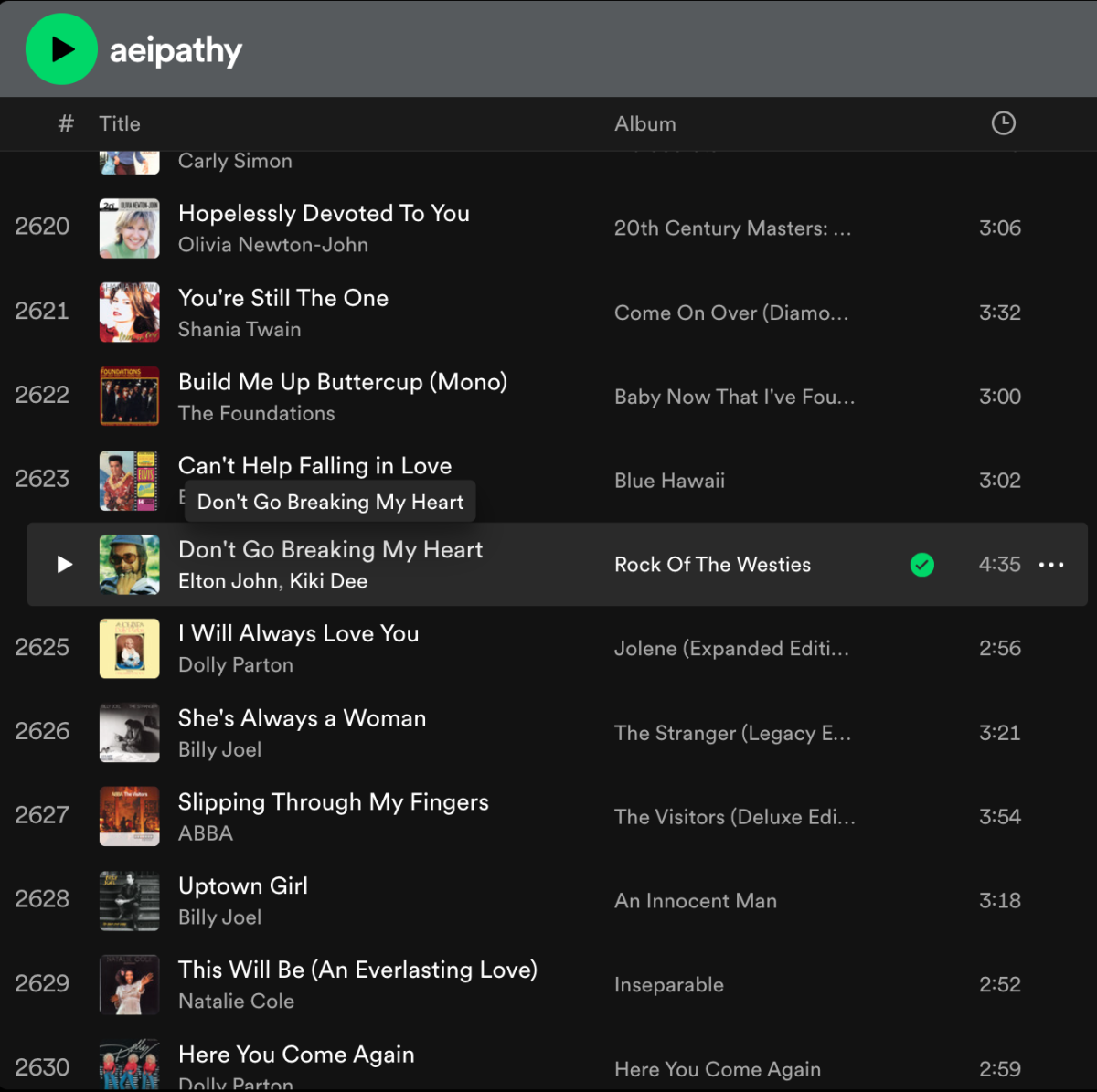Is “the pill” the best and safest option?
“The pill” is pitched to many young adult women as a safe and smart contraceptive, and to many, I feel it is the only option pitched. And before any reader deems this as an inappropriate topic, education does tend to make people feel uncomfortable, yet that does nothing to take away from the fact that it is educational.
The concept of the pill is simple. Take a small pill once a day and you cannot get pregnant. It is as simple as that. And when your doctor tells a young woman that it is a correct and safe choice, it seems there is no question or further research necessary; for something as necessary and important to society as birth control, you would think safety would be a priority. However, the foldable novel that comes with the prescription should be the first red flag.
For a menstruating woman—a woman on her period for those unfamiliar with the term—her hormones are already being vastly altered during her cycle. Serotonin and estrogen levels are impacted, cramps may be induced as a result of uterine contractions, and a variety of other irregular bodily systems may be occurring.
for something as necessary and important to society as birth control, you would think safety would be a priority.
In many cases, women go on the pill not as a form of birth control, but in efforts to stop cramping, irregularly long periods, or to regulate acne. And while this may provide solutions to those problems for some, they are likely to cause a large array of others.
To dumb down how birth control really works, it is easiest for me to think that it attempts to regulate one’s hormones, in turn preventing ovulation. In the short term, they can impact one’s immediate health by inducing nausea, spotting, weight gain, and headaches.
Menstruation tends to induce many of these symptoms regularly for women, so these aren’t of major concern. It is comical to see these painful interruptions and inconveniences be such an overlooked part in a woman’s everyday life, yet here we are. Apart from these norms of female life, the long term is where some concern begins to arise in regards to the pill.
Progestin or progesterone pills can increase your risk of blood clots, but the risk is less than with estrogen pills. High blood pressure can also result from the pill. Liver tumors and accelerated formation of gallbladder stones, and cervical and breast cancer risks are all heightened by taking the pill.
Birth control is necessary and effective in today’s society and it is important that people, especially young women, have access to this option. However, sexual health education tends to lay weight to the idea that birth control should be used, yet not what it may do to you if you do.
Before women are prescribed birth control—or any substance for that matter—doctors should provide a clear and educational explanation of what they may experience or be subjected to as a result.
Education does not stop at pushing a product but at informing a user of how it works, the repercussions, and all of their options.

Gigi is beginning her second year of writing for The Central Trend as a junior this year, and she is starting to fear she will run out of things to say....
























































































